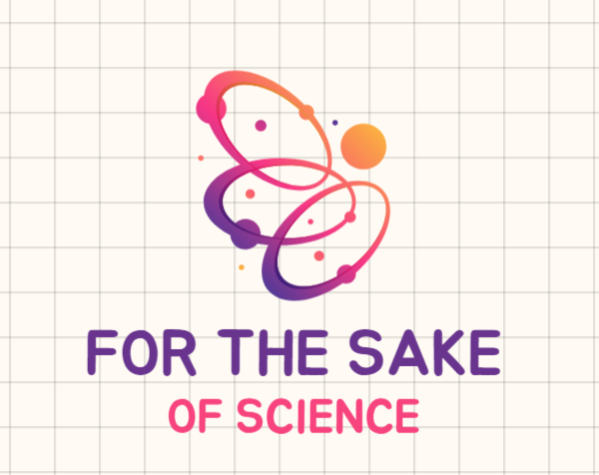
Adapting to an Unfamiliar World…
Just as we thought that everything was back on track and that we were starting to re-gain a sense of ‘normal’, we quickly found ourselves in Lockdown 2.0. Those few weeks of ‘normal’ now seem like a distant memory and a luxury we didn’t realise we had at the time. This new round of restrictions has seen many emotions re-emerge, some with greater strength and ferocity. Many have experienced waves of anxiety, anger, frustration, sadness, grief, fear, and hopelessness, amongst many others. The novelty effect seems to have worn off, with a new sense of reality having set in. To say that we are living in challenging times would be an understatement for many.
However, throughout this process, I have been amazed at the ability of human beings to adapt to these challenging and rapidly changing times. If someone had told us 12 months ago that we would only be seeing our friends and family via technology, we would be wearing masks whenever we leave the house, we would be spending most hours of the day at home, we would have a curfew, we would only be able to go out for exercise one hour per day, many businesses would shut, we wouldn’t be able to travel – what would you have said? “No way!” “That will never happen!” “We wouldn’t possibly be able to cope with that!”
When we imagine such drastic changes to our lives, we feel a great sense of vulnerability. We simply cannot imagine ourselves problem solving and coping in the situation. The challenges feel too big and too foreign to comprehend. Yet here we are, in the midst of these changes, adapting as we go. Adaptation doesn’t mean that we fully embrace these changes and feel good about them, or that they should be managed with ease. Adaptation simply means that we change ourselves to suit the condition that we are faced with. This might be a change in perspective, or it may mean becoming accustomed to a new way of living. Adaptation is our strength. One that I call upon regularly when I notice my anxiety levels spike each time a new announcement is made about further changes and restrictions. I often remind myself that adapting to new and challenging situations is something that we have done throughout our lifetime. I trust that when challenges arise, I will be able to call upon my resources to help me to problem solve, no matter how difficult the situation may be. It might even help to think about the situation as if it was happening to someone else – what might we say to that person to help them through? I also remind myself that changes will feel uncomfortable for a period of time while I ‘dip my toes’ into the unknown. Finally, I accept my discomforts and remind myself that the emotions that I feel are perfectly okay. After all, we like to have certainty and familiarity to feel safe and secure!
Again, it is not about ease, nor is it about simplicity, it is about knowing that nothing is ever within our complete control and that we can find ways to problem solve and cope with difficult situations only when we are going through them. It is knowing that we are constantly in a state of ‘trial and error’ and testing out what works and what doesn’t in an unfamiliar situation. So therefore, it is ok to not have perfection and to not know how some things will work out. Also, know that everything is temporary, including the range of emotions and discomforts that we feel, or the challenges that we face.
Photo by cottonbro






